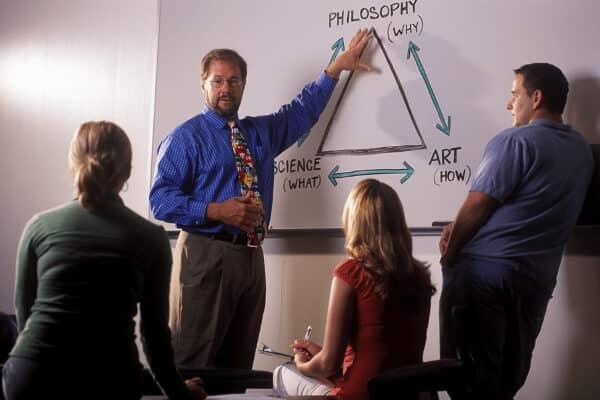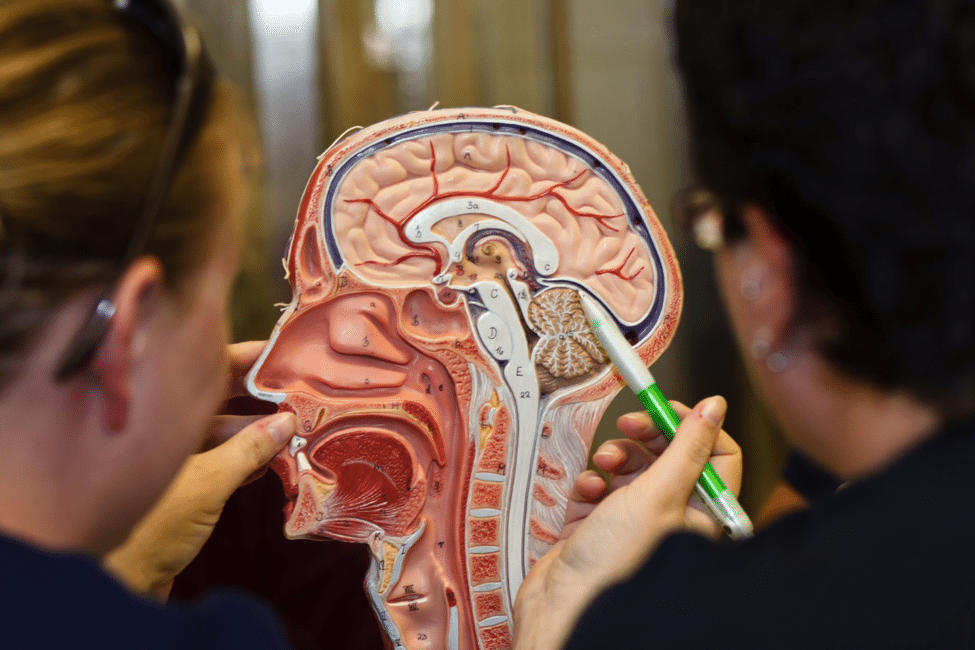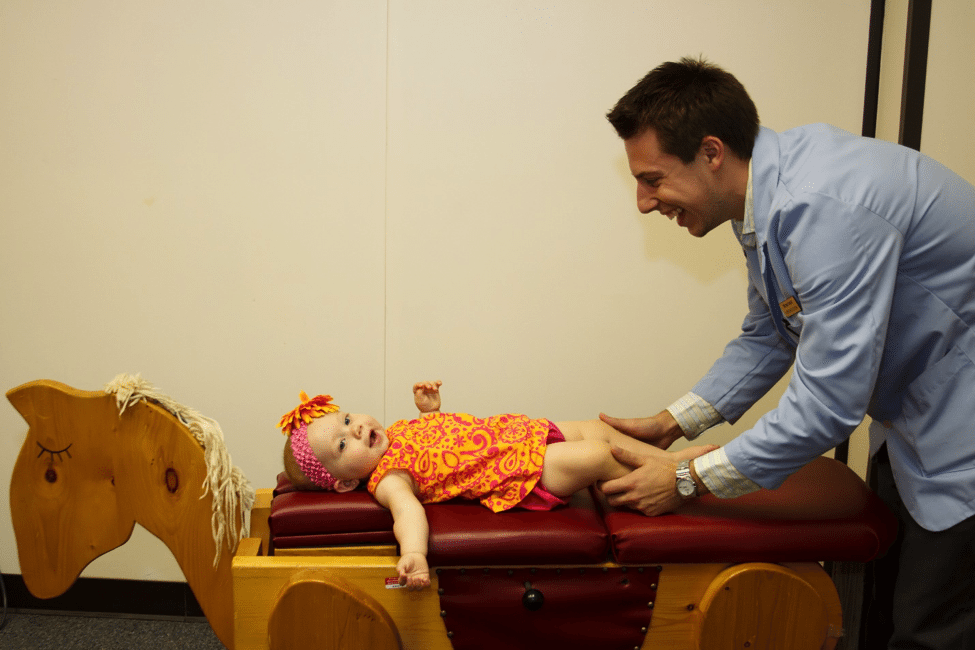[et_pb_section bb_built=”1″][et_pb_row][et_pb_column type=”4_4″][et_pb_text _builder_version=”3.1.1″]
As I have been attending school here at Sherman I have heard other students on a number of occasions question the importance of the philosophy that is taught here. As a previous biology major in college, and therefore a person whose mind has been trained to look at the world through scientific eyes, I can understand the questioning. Why is the philosophy so important?
Though I tend to look at the world scientifically, I can’t deny it’s the philosophy that brought me to chiropractic school. When I was truly introduced to chiropractic I had thought of it from a very mechanistic and scientific view at the time. I thought that chiropractic was simply about moving bones in the spine to fix the problems that were caused by misalignment and relieve pain. I had no back pain or problems; therefore, chiropractic was unnecessary for me. However, the DC that introduced me to true chiropractic did not talk to me about vitalism or innate intelligence, or the triune of life. And I’ll be completely honest I have a hard time to this day using those terms, but the terms are not what make the philosophy.
First of all, what is the philosophy? To put it simply, it is that each body is designed and organized, and this organization is meted out by the central nervous system by means of the peripheral nervous system. The peripheral nervous system is housed in a moveable, protective covering known as the spinal column. As the bones and the ligaments and muscles associated with them move, they can become stuck out of their appropriate position due to various traumas. When this occurs, it interferes with the ability of the peripheral nervous system to transmit to the body the appropriate tasks of life causing what the medical world refers to as symptoms. My job as a chiropractor is to locate where this happens and to put the bones back into their optimal position, restoring the body’s ability perform the tasks necessary for healing and optimal health.
That gets me back to the main question. Why is the philosophy so important, and why did it get me here? The philosophy of chiropractic is important because it sets us apart as a unique profession; more important than that, it is the part of practice that we need to know and be able to articulate with our patients. This care will lead to building a prosperous practice that will bring the success we each desire and help chiropractic to influence the lives of more families. Chiropractic philosophy was what I was able to connect with to understand that chiropractic is not symptom-based treatment, but is a shift in lifestyle to help the body to perform at peak ability rather than dealing with problems as they arise.
Every individual searches for ways to improve their lives and have more happiness, and it can be found in many different places. The thing that all of these places have in common is they help a person to feel more fulfilled like they have a degree of control over the course that it is going to take. When chiropractic is properly understood, it fills this need. If it is not fully understood, people will go to a chiropractor until they feel better or get tired of paying for his service and then move on with little thought about what they may be missing. D.C.s go to school and learn the science and if they’re lucky, the art, and then they wonder a few years down the road why they can’t keep patients or feel burned out in their profession.
Everyone needs this profession, but without the philosophy being strongly engrained in every patient, there will be no reason for them to continue their chiropractic care. Without understanding the power of innate intelligence, what mother is going to bring her brand new infant in for an atlas adjustment at two or three days old; and what car accident victim is going to continue care after pain has been relieved and insurance has quit paying for visits. As a successful chiropractor, it is not conducive to spend half of my time out advertising and advocating for my practice to try to acquire new patients to constantly replace those that I have been losing.
Isn’t this the ultimate goal for each of us to be able to have a practice that is self-sustaining and is fulfilling to our need for purpose in life? I don’t think there are many things more fulfilling than being a part of your community, knowing they appreciate you because you help them improve their lives.
[/et_pb_text][/et_pb_column][/et_pb_row][/et_pb_section]








